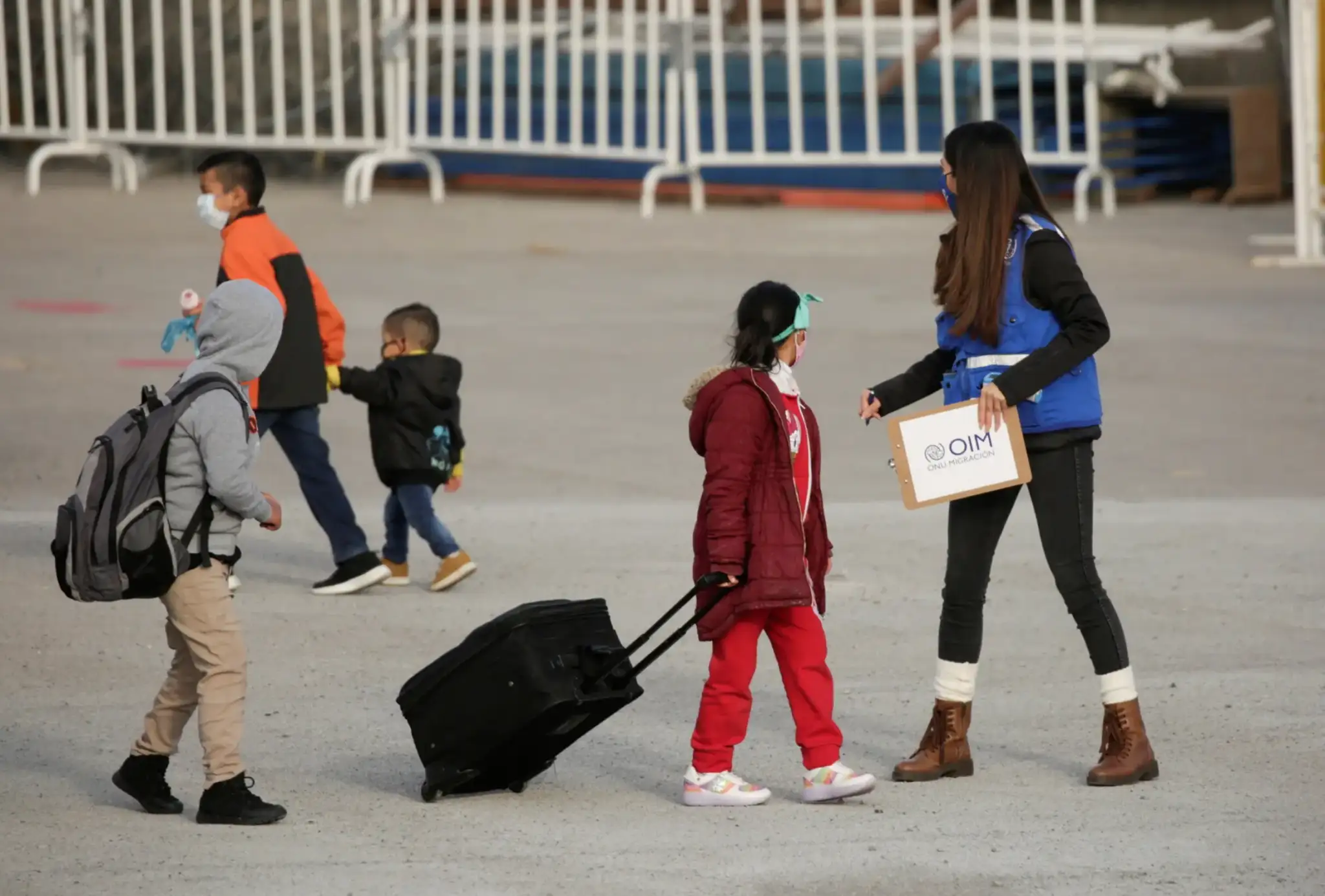Local governments are the main political bodies in charge of governing local communities and, as such, have the primary responsibility for providing essential services. In fact, they are in a unique position to generate significant changes in the access to rights and inclusion of the citizenry under their charge. This is why local authorities play an important role in the care and integration of migrants, asylum seekers, and refugees in the cities of the Americas. Although it is often thought that human mobility is an issue that is only addressed through national public policies, local authorities are in an exclusive close position with the people they govern. Therefore, they are the first to manage the impacts generated by migratory movements and forced displacement in their cities and on their citizenry.
In addition to the opportunities that their role offers them to manage public policies that allow them to take full advantage of the arrival of migrants and refugees, we cannot deny that cities and their governments have had to assume a significant cost in receiving and integrating migrant and forcibly displaced populations that have been increasing recently.
Today we know that more than 73.5 million international migrants live in the Americas, of which, according to the International Labor Organization (ILO), more than half (43.3 million) are migrant workers. By the end of 2021, some 18.5 million people were reported to be displaced or in need of protection in the region. These figures include asylum seekers, refugees, stateless persons, and internally displaced persons, representing about 20% of the forcibly displaced population worldwide.
In addition, it is estimated that more than 6 million refugees and migrants from Venezuela have left their country and are hosted in 17 countries in Latin America and the Caribbean, while more than 1 million people have fled violence and persecution in Central America, including more than 100,000 Nicaraguans who have moved mainly to Costa Rica.
Additionally, we know that local authorities face several challenges in the inclusion of migrants and refugees, which are deepened at the local level from the cities to the so-called border zones. These range from insufficient financial resources and technical capacities, the lack of alternatives for the full social inclusion of migrants to the lack of adequate coordination between national and local governments, among others.
Despite these challenges, migrants and refugees contribute significantly to the development of their host communities. On the one hand, they contribute to GDP growth through increased consumption and young and skilled labor, and on the other, they strengthen knowledge transfer and enrich cultural and social heritage.
But these benefits cannot be harnessed without local governments taking the lead. An active role by local governments will generate mechanisms to take advantage of their human talent and economic contributions while combating discrimination and xenophobia in host communities.
Given the current forced displacement crises in the region, it is increasingly important to promote opportunities for the exchange of best practices and lessons learned, as well as international cooperation and technical assistance, to enable host countries to replicate the best practices that have been developed in other countries. At the same time, they can provide a holistic and effective response to the phenomenon, in addition to raising awareness and promoting solidarity and cohesion in the receiving communities.
During the Cities Summit of the Americas to be held in Denver, Colorado (USA) in April 2023, the Regional Study “The Role of Local Governments in the Reception and Integration of Migrants and Refugees in Cities of the Americas,” will be launched with the objective of generating a diagnosis of the needs of local authorities in the reception and integration of migrants and refugees, in addition to including a compilation of good practices developed at the local level.
The purpose of bringing this topic to the Summit of Cities of the Americas is to incite dialogue on the challenges and opportunities faced by local authorities involved in the reception, assistance, protection, and socioeconomic and cultural integration of migrants, asylum seekers, and refugees. In addition, to continue conceiving proposals for solutions to make migration a win-win for migrants and forcibly displaced persons and their host communities. This is not an impossible task. It can be achieved with public policies that take advantage of their contributions.
*Translated from Spanish by Janaína Ruviaro da Silva











